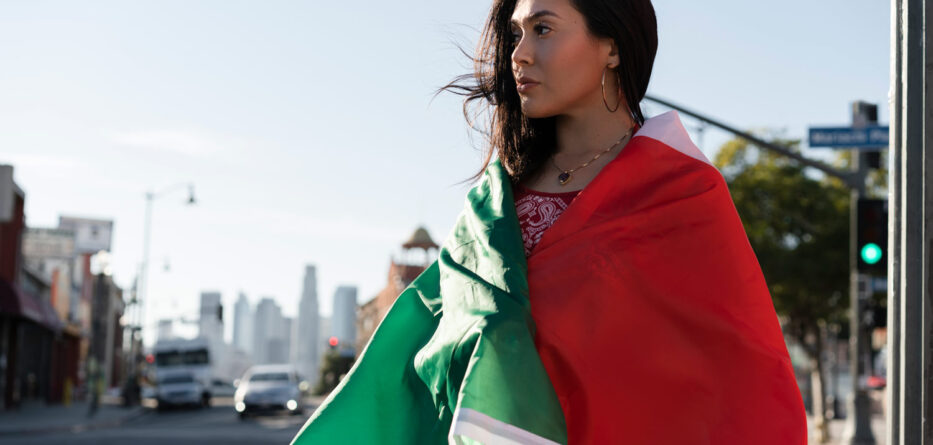Hispanic Heritage Month in the United States is usually a burst of life: streets filled with music, colors, and aromas that remind us that millions of Latinos have left an indelible mark on the history of this country.
Every year, from September 15 to October 15, many cities, large and small, dress up for a celebration to honor a heritage that breathes in every mariachi chord, every salsa group, every mural, every shared plate.
But in 2025, the festive atmosphere has been overshadowed by another type of operation: immigration detention.
In recent months, the increase in raids in neighborhoods with a large Latino presence has left a mark of fear.
These aren’t just abstract statistics—thousands of people detained in immigration detention centers—but rather neighbors who are no longer there overnight, families detained in the early morning, and entire communities that feel like every corner could hide a risk.
What were once acts of pride have become delicate terrain. Cities that used to host large concerts and street fairs scaled back their events, and some opted to cancel them altogether.
The air is one of deep fear: that the very celebrations meant to unite could become targets of surveillance and control.
Nevertheless, some communities decided to hold their celebrations, such as in the Mexican neighborhood of Little Village in Chicago, where the federal government recently deployed the Midway Blitz immigration enforcement operation.
Tens of thousands of residents of the Windy City celebrated Mexican Independence Day. The festival’s slogan was “Pride and Power: Our Strength and Our Legacy.” Organizers expected up to 400,000 attendees, but the turnout was smaller.
The question that remains is what it means to celebrate amidst fear. For some, it’s better to wait for less hostile times, protect families, and avoid unnecessary risks.
For others, canceling the festivities amounts to giving up ground: culture then becomes an act of political affirmation, an insistence on being present even when the context seeks to make it invisible.
In this context, dancing, singing, painting, or simply gathering becomes an act of political affirmation, a way of saying “we are still here.”
Hispanic Heritage Month in 2025 reveals, perhaps more than ever, the paradoxical nature of the Latino experience in the United States: a mixture of celebration, sacrifice, and vulnerability.
While the music quiets down and the parades are shortened, the heritage continues to beat, even in silence. And that heartbeat, although less striking, is still powerful.





